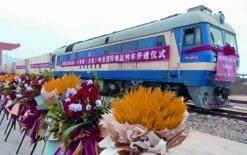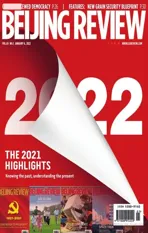TOP 10 WORLD NEWS STORIES OF 2021
2022-04-13
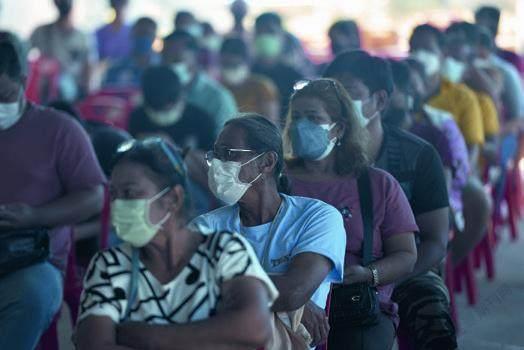
COVID-19 Pandemic
New COVID-19 variants such as Delta and Omicron flooded the world throughout the year, sparking significantly higher infection rates. Since the first reported infections in December 2019, the world has seen over 280 million confirmed cases, including over 5.4 million deaths, and the administration of over 8 billion vaccine doses, according to the World Health Organization.
The pandemic further brought on a severe shipping container shortage and port backups, highlighting the continuous faltering of supply chains.
Meanwhile, vaccine distribution worldwide remained extremely unbalanced, with wealthy countries hoarding vaccines to issue booster shots and the inoculation rate in developing countries lingering on the lowest end of the spectrum. For example, as of December 9, only 7.5 percent of more than 1.2 billion people across Africa had received their primary vaccine shots.
Olympic Games Tokyo 2020
The 2020 Summer Olympics took place in Tokyo, Japan, from July 23 to August 8. The event, originally scheduled to occur in 2020, was postponed by one year as a result of COVID-19 pandemic, marking a first in the Olympic history. The venues allowed for no spectators to curb potential infections.
The Summer Paralympics were staged in Tokyo between August 24 and September 5.
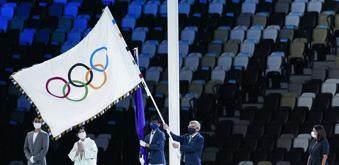
Capitol Hill Riots
On January 6, U.S. President Donald Trumps supporters stormed Capitol Hill in Washington, D.C., as they sought to overturn his defeat in the 2020 presidential election. Five people died and many more were injured during the riots. This was the first time in history that the U.S. saw its peaceful transition of power disrupted.
Even though current President Joe Biden keeps advertising the U.S. as the epitome of democracy, its overall democratic performance left much to be desired in 2021. Capitol unrests aside, the U.S. left behind a wrecked Afghanistan following 20 years of invasion.

Glasgow Climate Pact
The Glasgow Climate Pact was adopted by nearly 200 participating countries during the 26th Session of the Conference of the Parties to the United Nations Framework Convention on Climate Change, or COP26. Participants reaffirmed the Paris Agreement goal of limiting the increase in global average temperature to well below 2 degrees Celsius above preindustrial levels and pursuing efforts to limit it to 1.5 degrees Celsius.
All parties agreed to cut emissions through market-based approaches.
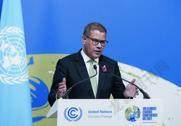
Farewell, Angela Merkel
Angela Merkel handed over the German chancellery to her successor Olaf Scholz on December 8, following 16 years in office.
As the countrys first female chancellor and its first leader to have been raised in former East Germany, Merkel was the second longest serving chancellor in German history. She was credited with raising Germanys profile and influence on the world stage, working to hold together a fragmenting EU and managing a string of crises. She also made tangible contributions to the development of Sino-German ties as well as those between China and the EU.
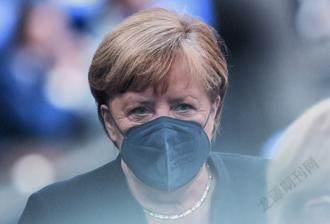
Huawei CFO Back in China
Meng Wanzhou, Chief Financial Officer of Huawei Technologies, returned to China on September 24 after being illegally detained by Canada in December 2018, at the request of the U.S. on grounds of wire fraud. The accusation was never substantiated with solid evidence.
Mengs unlawful detention was primarily viewed as an American attempt to trip up Chinese hi-tech companies and hold back Chinas overall development. Many considered her regained freedom an easing of the Sino-American trade tensions first ignited during the Donald Trump presidency.
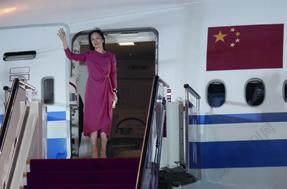
Nuclear Proliferation Risks
On September 15, U.S. President Joe Biden, British Prime Minister Boris Johnson and Australian Prime Minister Scott Morrison jointly announced a new trilateral security partnership: AUKUS.
The alliance enables Australia to build nuclearpowered submarines with technology provided by the U.S. and Britain. This move was gravely criticized for enhancing risks of nuclear proliferation and holding double standards—the U.S. providing weapon-grade enriched uranium to Australia, while prohibiting Iran from constructing nuclear power plants for civil use.

AfCFTA Takes Effect
The African Continental Free Trade Area (AfCFTA), a free trade area founded in 2018, officially commenced its free trading on January 1. The pact connects 1.3 billion people across 55 countries, the largest worldwide in terms of the number of participants since the formation of the World Trade Organization.
The agreement reduces tariffs among member countries and covers policy areas such as trade facilitation and services. The creation of the vast AfCFTA regional market is expected to stimulate economic growth across the continent in the post-COVID-19 era.
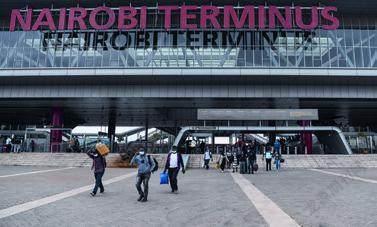
Crisis in Myanmar
On February 1, the military announced the results of the 2020 general election to be invalid due to widespread “electoral fraud” and deposed the elected members of the countrys ruling party, the National League for Democracy. State Counselor Aung San Suu Kyi was detained, along with several other highranking officials.
Aung San Suu Kyi was initially sentenced to four years in prison on charges of incitement, the first of many, but later saw her punishment reduced to two years. An escalation in hostilities between different factions resulted in the large displacement of the countrys people.
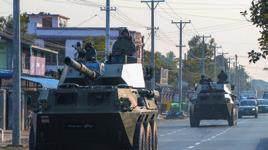
China-Laos Railway
The 1,035-km-long China-Laos Railway entered operation on December 3. Starting from the city of Kunming, Yunnan Province in southwest China, the tracks run all the way to the Lao capital of Vientiane, with trains traveling at a speed of 160 km per hour through mountains and valleys.
As a landmark project of Belt and Road cooperation, the railway could potentially increase aggregate income in Laos by up to 21 percent on the long term, the World Bank said. More importantly, its a vital part of the Trans-Asian Railway Network, and will serve as the golden key for Laos to connect with China and other ASEAN countries, including Thailand and Malaysia.
